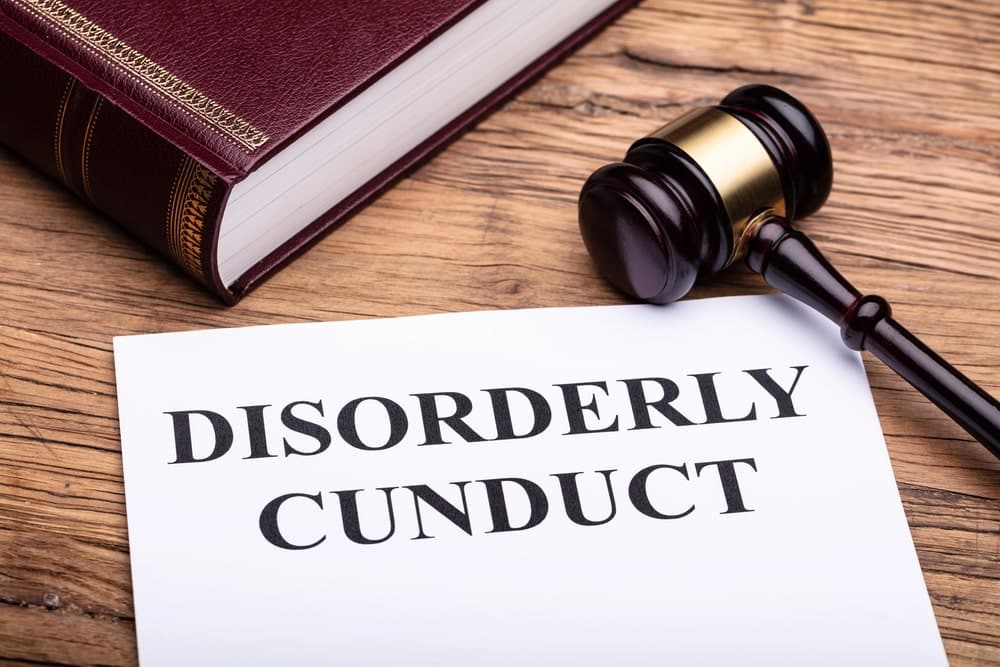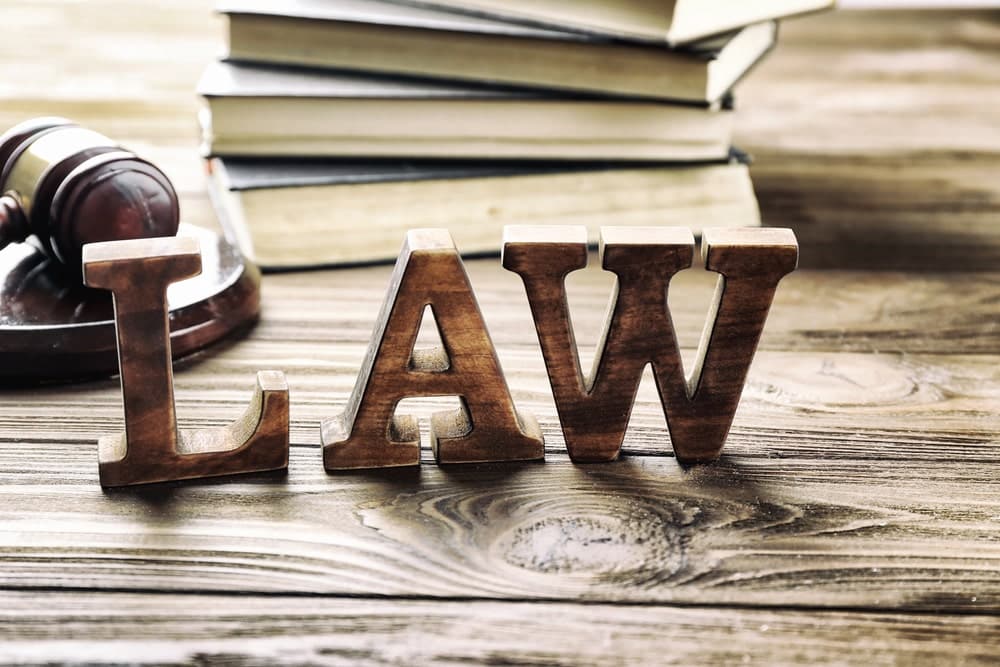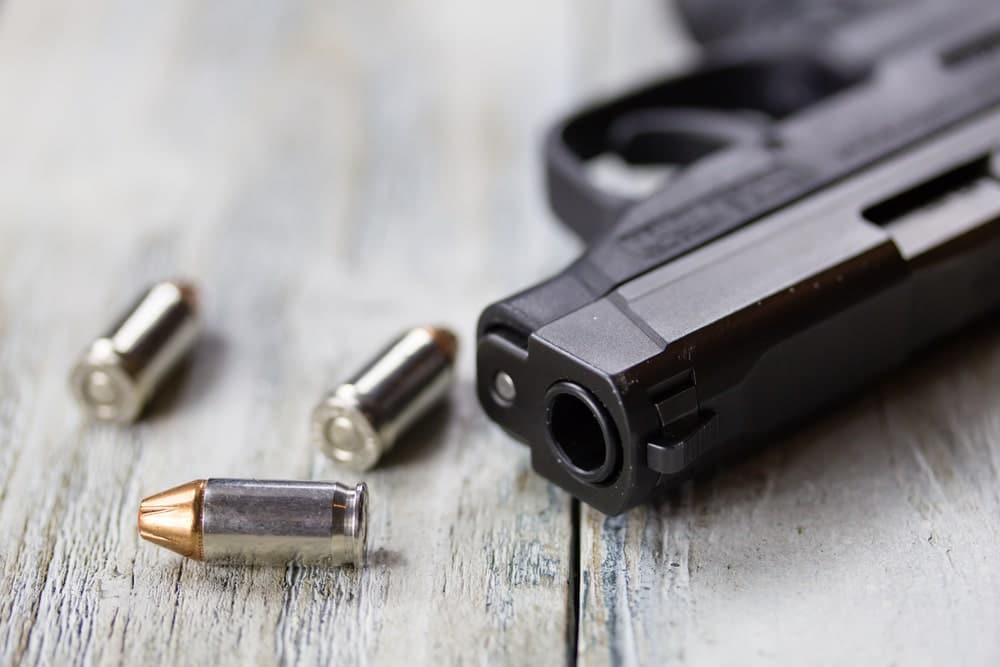Whether you’re dealing with allegations related to the possession, use, or trafficking of firearms, our seasoned criminal attorneys possess the expertise needed to navigate the intricacies of federal law. Trust us to vigorously advocate for your rights and craft a tailored defense strategy to secure the best possible outcome in the face of federal weapon charges.
Your freedom and future matter, and we’re here to guide you through this challenging legal terrain with unwavering commitment and proficiency.
Call 207-571-8146 or contact us online to schedule a consult with one of our highly skilled criminal defense & OUI lawyers, serving Southern Maine, today.
Table of Contents
Federal Mandatory Minimum Sentences Regarding Firearms
In federal court, many criminal charges bring with them mandatory, minimum sentences. That means that the federal judge cannot, under any circumstances, reduce the penalty set by Congress for that specific crime. At least not without a departure recommended by the government, which is commonly referred to as a 5k.1 letter.
18 U.S.C. 924(c) – Use and Type of Firearms Used
Discharging a firearm during the commission of a crime will result in a mandatory sentence enhancement. If a weapon was used in the commission of a crime but was neither brandished or discharged, a mandatory 5-year term of imprisonment will be tacked on and run consecutively to the underlying charge. If a firearm was used during the commission of a crime and was brandished, but not discharged, a 7-year term of imprisonment will be tacked on and run consecutively to the underlying charge. If the weapon was discharged during the commission of the crime, an additional 10-year term of imprisonment will be ordered to run consecutively to the underlying criminal conviction.
In addition, the type of firearm will play a HUGE role in determining the final sentence. If the weapon was a short-barreled rifle, short-barreled shotgun or semi-automatic rifle, an additional 10 years will be tacked onto, consecutively to the underlying crime and the use of a firearm enhancement. If the weapon used was a machine gun, the mandatory enhancement is 30 years, which will run consecutively to the underlying crime and the aforementioned firearm use enhancements.
18 U.S.C. 924(e) – Armed Career Criminal Act
The Armed Career Criminal Act (commonly referred to as The ACCA) is a sentence enhancement, which requires a mandatory minimum term of imprisonment of at least 15 years if the defendant has previously been convicted of at least three serious drug crimes or three violent felonies. The ACCA has no time limit on when the prior convictions occurred, and define a violent felony or serious drug offense as requiring one year or more of imprisonment for the violent felony and ten years or more for a serious drug crime.
Violent felonies commonly include convictions for burglary, robbery, arson, extortion, aggravated assault or any other crime considered a felony that has an element of force or threat of force.
Predicate Offenses
When being charged under the ACCA, predicate offenses are determined as distinct and separate offenses. That means that if you committed a burglary and an aggravated assault and kidnapping, all of which were perpetrated against the same victim, as part of a single criminal transaction, only a single one of those crimes can be used to qualify you under ACCA as predicate offenses. The crimes cannot be part of a single transaction. Using the previous example of burglary, aggravated assault and kidnapping; if each crime occurred on a separate date, all 3 convictions can be used for the ACCA minimum sentence enhancement scheme.
Contact a Federal Weapons Charges Defense Lawyers in Maine
If you’ve been charged with a federal criminal charge where a firearm is alleged, you’ll need a defense attorney experienced in dealing with federal firearm cases. Contact The Maine Criminal Defense Group directly online or call us at (207) 571-8146 for a consultation.
Call 207-571-8146 or contact us online to schedule a consult with one of our highly skilled criminal defense & OUI lawyers, serving Southern Maine, today.
Blog Posts

If you receive a traffic ticket in Maine, you may be facing far more than demerit points or an administrative penalty. You could be facing criminal sanctions and a permanent[...]

In Maine, disorderly conduct laws effectively make disturbing the peace a criminal offense. While disorderly conduct is considered one of the least serious offenses under Maine’s Criminal Statutes, it can[...]

Any criminal charge for a drug-related offense is a serious matter in Maine,but how consequential the outcomes can get may depend on whether the charge is filed at the state[...]


Self-defense laws in the U.S. are complex, vary from state to state, and are often misunderstood. “Stand your ground” laws allow an individual to use deadly force in self-defense in[...]

Every day in Maine, people are charged with crimes that they did and did not do. Fortunately, in the U.S., we have a justice system that says you’re innocent until[...]

Expungement is the practice of legally erasing or striking out documents or information relevant to criminal charges. It’s not possible to expunge a criminal record in Maine. However, other avenues[...]

If you have been arrested or are under investigation for a crime in Maine, it is crucial to retain the services of a competent and experienced criminal lawyer. A criminal[...]

Bail Code in Maine Title 15, Chapter 105 of the Maine Revised Statutes governs all issues pertaining to bail in Maine. When a defendant has been arrested and charged with[...]

In the span of less than 5 decades, computers have utterly transformed our society. Those of the baby boomer generation will be able to appreciate the scale of this transformation[...]


